CW: Harassment, coming-out experiences.
The air is warm and musty, children are screaming from an over-indulgence in sugar, moms turn up with over-the-top baked goods for the PTA, and little Debbie is just about to cause an outbreak of measles. The reason? Debbie’s parents are some of many Americans who have decided that they are anti-vaxxers…
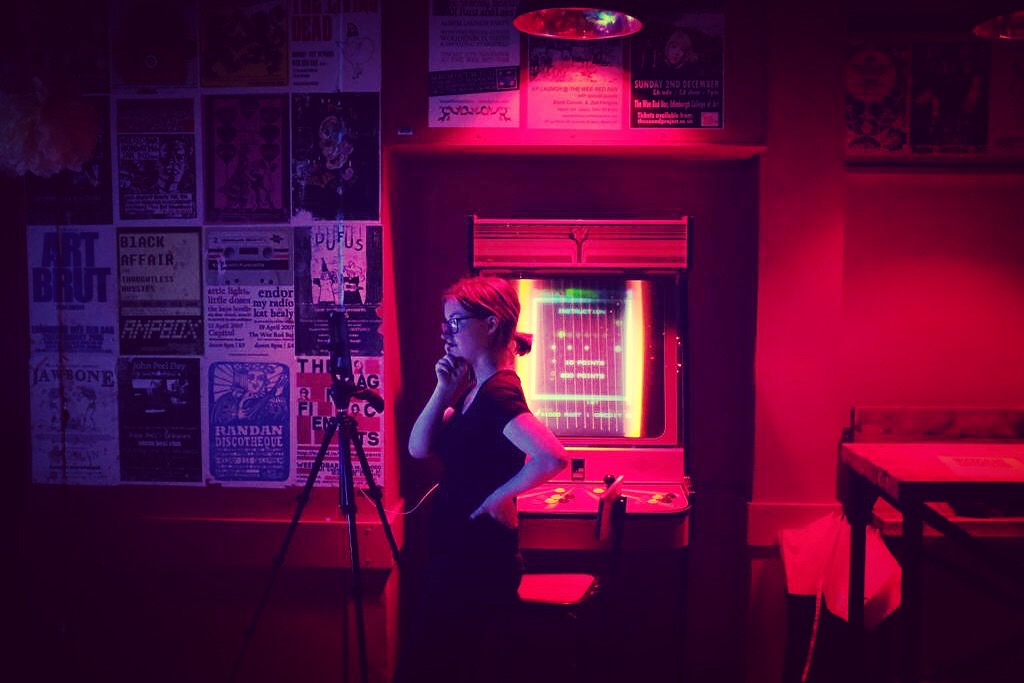
Become the Monster (That Anti-Vaxxers Fear)
Amongst all absurd ideologies to gain support in recent years (and I acknowledge there have been many), the anti-vax movement has enjoyed a particular surge, notably within the suburban American family. I haven’t had the pleasure of meeting those like Debbie’s parents in my own life, but I am aware of the rationale behind their decision: they believe that vaccines will cause their child to ‘become’ gay, or, even worse, autistic.
You see, as a vaccinated woman who is also autistic and a member of the LGBT+ community, this is where I come in.
Perhaps, in the minds of Debbie’s parents, I arise like the Creature from the Black Lagoon, some swamp-thing who emerges determined to fling autism-inducing slime on their precious children. Maybe it’s more of a Frankenstein’s Monster approach where, as the final vaccine hits my system, the nurse screams “IT’S ALIVE” as electricity bolts spark and I jolt to life ready to spread the gay agenda across the land.
And, there is a pinch of truth to this now very over-extended series of metaphors. Whilst my coming into to this world has been significantly less dramatic than that of the aforementioned monstrosities from horror, the feeling of being some sort of abnormality has been, and continues to be, very much a part of my life. What has compounded this further is the complex relationship that lies in embracing the invisible identities such as my disability or sexuality, whilst also trying to mask, or pass, for the convenience of society at large. For me* there is an intrinsic link between my disability and my sexual identity (note that the vaccines have had nothing to do with either).
*This may not be the case for everyone: I make no claims that my experience is universal
Both were, in their own way, an experience of “coming out.”
Like most kids in high school, I certainly went through a phase of disastrous hair decisions. One of which I am still to live down was getting my chubby pre-puberty face framed by a sharp pixie cut inspired by Emma Watson. To fully appreciate the portrait of poor choice you must also envisage that I was a 13-year-old who hadn’t grown taller since primary school, and I insisted on wearing trousers and flat docs. Nevertheless 13-year-old me thought she was the bees-knees. It wasn’t long before people were calling me things I don’t care to reiterate, and I’m sure you can fill in the gaps. A memorable instance comes in the form of a woman preventing me from entering the ladies bathroom due to the fact she was convinced I was a boy: you can thank stereotypical conceptions of gender-presentation for this. I found myself doubling down on my femininity in response; I learned how to do makeup, I grew my hair back out, I started wearing skirts and pinafores, and (albeit out of my control) my chest inflated from flat to a G-Cup in the space of a year. I wanted to be, what I believed to be, the perfect presentation of a woman.
By the time I began University I had only dated men. I just told myself to not question me sexuality: guys seemed to like me and that was enough, right? However, time passed, and I found that whenever people asked me about how I identified, I couldn’t honestly answer. My teenage self had practically whacked the mute button on thinking about it. From the moment the mute button was pushed down past the point of popping back up, I just presumed I was straight. No big, glaring, LED sign had ever descended from the heavens, accompanied by choral singers in full harmony, to suggest otherwise.
There was no Eureka moment. Slowly, but surely, the mute button began to release and I realised I wanted to take time to think about it on my own terms. I didn’t want to impose binaries on a world when I knew such binaries were socially constructed to simplify it for others. By my second year I was educating myself on, and questioning, the norms embedded in society surrounding gender and sexuality. It would prove to be a significant moment not just in developing my activism and allyship, but also in discovering that there was more to my own sexuality as well.
I would go on to come out three times in my life.
I came out first, before I was ready, as Bisexual. I came out a second time, when I felt ready, as Queer* . And I came out, and find myself continuing to come out, a third time, as Autistic.
*I am aware of the issue of Bi-erasure, and so wish to clarify that the reason for my change in identity was I found it wasn’t the right term for me. However, I acknowledge and respect that it is for others.
On the one hand, much like my sexuality, there are no physical indicators that I am autistic—it does not manifest as a physical disability. However, on the other, again like my sexuality, this has not prevented people from having preconceived manifestations of what these terms look like. When people respond to my Autism with “Oh, but you don’t look autistic”, what they really mean is, “Oh, but you’re not a man.”
I’m tired of this preconception. I can’t keep responding by biting my tongue and smiling politely. Other people’s ignorance shouldn’t get to stand. So, I want to briefly welcome you all to The Problem with Gender Based Science 101.
The resurgence of gender-based science has been problematic across society and science, but it has had a particular effect on the diagnosis and understanding of Autism Spectrum Disorder. Autism was primarily categorised as a social disorder and thus men were believed to be the only ones susceptible to it. As we all know, women have to be sociable creatures otherwise they spontaneously combust and turn into lizards…or they’re witches. Either way, the idea of a woman being autistic was as foreign as my ability to stop procrastinating on my degree by writing opinion pieces.
Whilst we know that gender and sex are different, there seems to be an obsession that one’s genitals will lead to the gendering of one’s brain, despite the fact that gender and sex are not always linked.
Say it with me: the sex I am assigned at birth does not necessarily match my gender identity, and my gender identity does not always reflect the sex I am assigned at birth.
Autism is a relatively new concept, and it has emerged from a more positivist approach to biological and psychological development. As such, the diagnostic criteria, research samples and societal depictions of autism (I see you Sheldon Cooper and Rainman) have very much reflected the original status quo: autism only affects men.
Despite being categorised as a social and developmental, disorder, autism is incredibly diverse. Autism is apparent across the spectrum of gender, race, and sexuality, despite the struggles of scientists to prove otherwise. However, the fact that the stereotypes are so far-embedded means it can be incredibly difficult to receive a diagnosis or support the moment you don’t fit into the man-made, one-size-fits-all, male mould.
Autism is a spectrum, both in how and who it manifests in.
It took me twenty years, a battle with the GP, the NHS and the University Counselling Service, and eventually a psychiatric evaluation through a private clinic, before I got my diagnosis. I was only able to get a diagnosis due to the privilege of being able to afford the fees to go private, but economic status should not determine one’s access to appropriate healthcare.
I was repeatedly pushed away because I could empathise, I was verbal, because ‘I just had anxiety.’ Yet none of these explained why I was starving myself since the textures of certain foods appalled me so much I couldn’t eat; why I would faint in train stations due to severe panic attacks caused by sensory overloads; or why I was capable of holding conversations with my teachers but unable to do so with my peers. This is not to say that there are no positive aspects to autism, indeed there are wonderful benefits to observing and processing the world in a different manner, but they are all examples of the very real ways it affects my life.
My gender was constantly an obstacle, and I am not alone in this.
There is a link between gender and autism, just not a biological one. Autism transcends gender, but your gender inherently affects your experience of it. As a female, it is still expected of me to be sociable and tactile, and as such the fact I found myself unable to do so, yet simultaneously I was forced to do so, resulted in years of practicing and pretending. I would observe and learn and adopt the best way to, or more accurately the way as a woman I was expected to, deal with situations.
Living like this was exhausting. The diagnosis was enlightening.
Life before and after diagnosis has allowed me to appreciate that, in a way, my identity was truly queer before I identified my sexuality as such. Throughout history, LGBT identities have been heavily medicalised; to be ‘Queer’ was to be ill, or insufficient, or deficit in some way. To be disabled today is often viewed as being ill, or insufficient, or deficit in some way. Finding strength in one’s identity, when that identity has been viewed as being in need of fixing, presents many challenges. Through reclaiming queerness as an identity, both with its sexual connotations and its connotations as being ‘other’, has been a large part of my ability to understand the intersecting identities in my life. As someone desperately trying to fit in as a woman, yet not being quite right and not knowing why, whilst at the same time being rejected from the autistic community because of my gender: the very nature of my life was queer. You can’t see my autism, nor can you see my Queerness, and I reiterate that neither are linked to the fact I’ve been vaccinated! However, they are both fundamental parts of me and affect both my experience of society, and how I perceive that society.
Coming out as Queer, and receiving my diagnosis of Autism, both happened around the same time. Both involved journeys that shared their fare of challenges, and both still have many stereotypes associated with them. They both require our ability to challenge the established norms and preconceptions around them. Most importantly, they are both communities that require continued support, allyship and activism.
There are still people out there who believe I am something to be cured both as an autistic person and as a Queer one; who believe that having an autistic child is a loss, who believe that I am wrong. In the minds of some I am a creature from a black lagoon, or a Frankenstinian monster. Despite the feeling of being some sort of abnormality that has never quite gone away, nor am I sure if it ever will, I know I am not the one who is wrong: they are.
So, what can you do about it?
Educate yourselves, get angry at the state of the injustice towards the disabled and LGBT+ community. Allow your education and anger to last longer than one disability history month every year. We don’t get to wear our disability or sexuality as a badge for one month and hide it away for eleven, so why should your activism?
A starting point
https://www.nhs.uk/conditions/autism/
For further enquiries: alkmcmonagle@btinternet.com

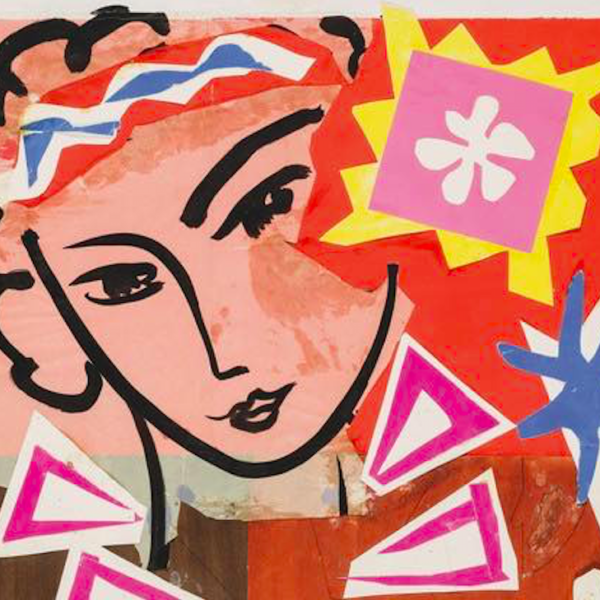
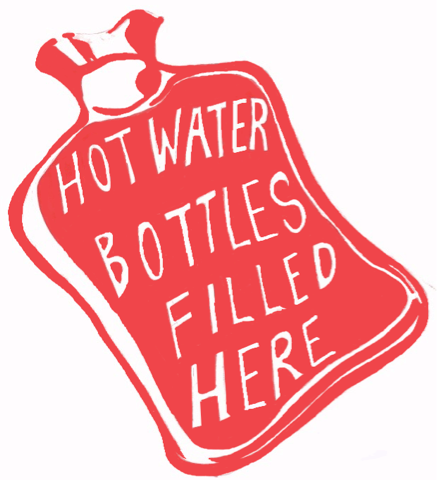

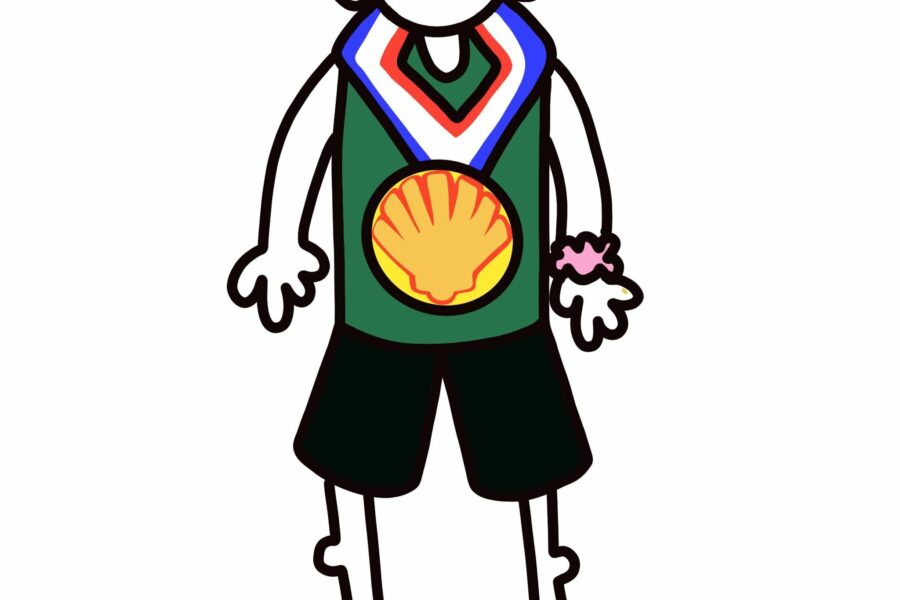
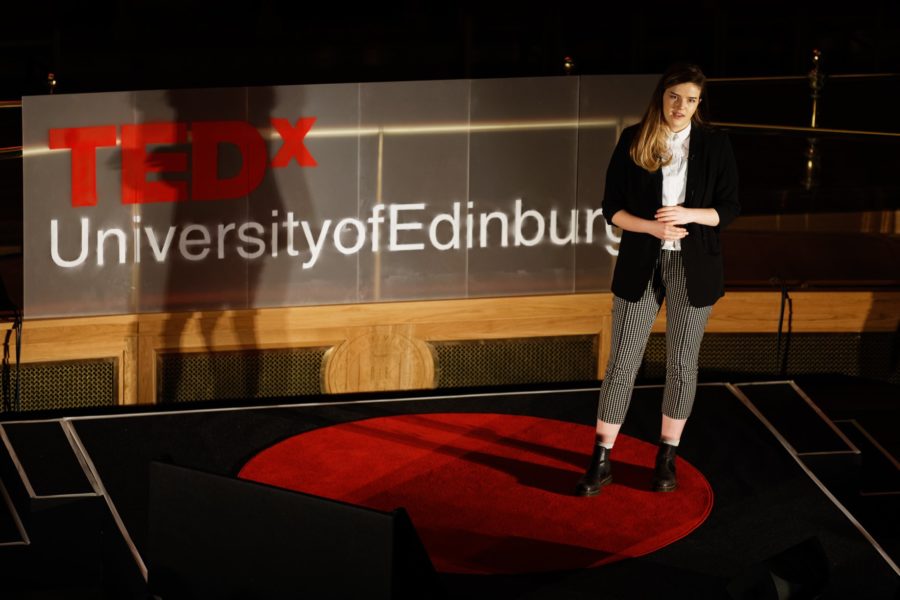
Leave a Comment